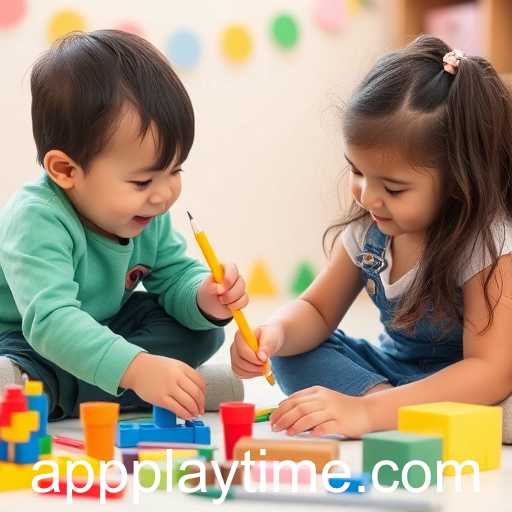In today's fast-paced world, the value of imaginative and unstructured playtime for children has gained significant recognition. Creative play, a category focused on fostering creativity, is an essential aspect of childhood development. It allows children to explore different perspectives, solve problems, and develop critical cognitive and social skills. This type of playtime goes beyond mere entertainment; it becomes a platform for learning and growth.
Creative play encompasses a wide range of activities that allow children to use their imagination, whether alone or with others. These activities often include arts and crafts, role-playing, building with blocks, or engaging in storytelling. Through these playtime experiences, children are not only entertained but also encouraged to think independently and explore new ideas.
One of the primary benefits of creative play is the enhancement of problem-solving skills. When children engage in imaginative activities, they often encounter scenarios that require them to think critically and come up with solutions. This helps to build resilience and adaptability, skills that are crucial in real-world situations.
Furthermore, creative play can significantly improve language and communication skills. Through storytelling and role-playing games, children learn to express their thoughts and emotions better. They build vocabulary and understand the nuances of language, aiding in their overall literacy development.
Another key aspect of creative play is the development of social skills. Playing with peers requires cooperation, negotiation, and understanding others' perspectives. These are vital components of emotional intelligence that will serve children well throughout their lives.
Playtime designed around creativity not only supports cognitive development but also provides an emotional outlet. Children often use play to express feelings that they may not yet have the vocabulary to articulate. Through creative expression, they learn to manage emotions, leading to healthier mental and emotional well-being.
As parents and educators encourage creative play, they should provide diverse materials and opportunities. Open-ended toys, like building sets and art supplies, stimulate the imagination, offering countless possibilities for playtime. Additionally, creating a supportive environment where children feel free to explore without fear of judgement is crucial.
In conclusion, integrating creative play into children's daily routines is essential for nurturing imagination and fostering all-round development. As society continues to recognize its importance, the onus lies on caregivers and educators to prioritize such enriching Playtime, ensuring children have the foundation to become innovative and empathetic thinkers.








